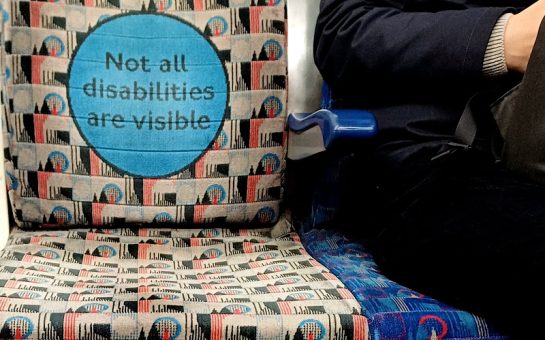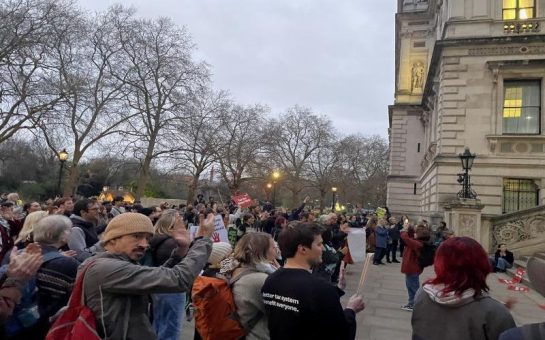As the new year starts, many households may be greeted with financial strife with increased household debts in January after Christmas festivities.
According to the Trade Union Congress (TUC), the analysis of official statistics shows that in 2024 household unsecured debt is forecast to rise by 11%.
Upholding the whimsy of winter festivities can cost a pretty penny, with not only expectations of seasonal gifting but also higher energy bills from heating and boiling, coupled with rising expenses.
According to debt charity Step Change, more than 18,000 new clients completed full debt advice last January, which was higher than any single month in 2022.
The number of clients advised in January 2023 increased by 77% compared to December 2022 which is in line with a seasonal trend which the charity notices each year between December and January.
In his response to the New Money and Credit figures released by the Bank of England earlier this month, Richard Lane, Chief Client Officer at StepChange, said: “New Money and Credit figures from the Bank of England today show a rise in consumer credit borrowing in November, coinciding with the lead up to the festive season.
“With January being our busiest time for clients needing debt advice, we know that Christmas can put a strain on people’s budgets and for some can create a spiral of unmanageable debt going into the New Year.”
Here are some primary concerns as to why debt can accumulate during this time of the year and eventually snowball.
The rising cost of living
Londoners have been hit hard by the cost of living crisis.
Not only has the cost of everything increased due to inflation, the percentage of pay has decreased significantly since 2021 and has not kept up with inflation and rising costs.
The percentage decrease in regular pay is very apparent when looking at the first quarters (January to March) of each year post-pandemic.
Vikki Brownridge, CEO at StepChange, said: “January is always a busy time for us as a charity, and we know that it’s not just Christmas that has stretched people’s budgets this year, but almost two years of a long and challenging cost of living crisis.
“With energy bills having risen again, and the colder weather setting in, unfortunately the new year will not be easy on people’s finances.
“While we have seen a pause in the sharp rises in interest rates and inflation in recent months, the impact of this is far from over.”
Buy Now Pay Later
In November, around 15 million people would have been likely to use unregulated Buy Now Pay Later to help ease seasonal spending according to Citizens Advice.
The use of Buy Now Pay later is not inherently harmful, as it does not have interest fees and (if kept track of) can be beneficial to many.
However, the problem arises during holiday shopping sprees and January sales, in the occasion that shoppers lose track of their automatic fortnightly or monthly payment plans.
This can therefore lead to late fees and also be detrimental to the credit-report of consumers.
High interest rates
As of November, the Bank of England announced the base rate to be 5.25%, the highest it’s been for 15 years.
The average purchase rate stands at a record high of 23.8% APR with some cards charging as much as 34.9%.
This means the cost of borrowing has increased, including credit card repayments on standing purchases or debt repayment plans, and the financial burden is likely to get worse if the monthly payments are not cleared.
This impacts not only general or business loans, but also monthly mortgage payments, which would have an increase due to higher interest.
However, there has been a small percentage decrease in retail sales last month compared to December 2022, which is perhaps an indicator of how due to the rising cost of living necessities have taken precedence over unnecessary spending.
However, with the exception of 2021, January retail sales have been consistently high.
Regardless of decrease in splurging on retail, according to the Trade Union Congress (TUC), unsecured debt per household is set to go from £13,361 in 2023 to £14,792 in 2024 – a rise of roughly 11%.
Although many may feel disadvantaged by this phenomenon of January debt, all hope is not lost as there is plenty that can be done.
The most important thing to do is to plan and keep track of the influx and outflow of finances, especially when it comes to repayment plans.
Editor of MouthyMoney, Edmund Greaves, said: “If you find yourself with credit card debts in the New Year there are actions you can take, but you have to be careful not to harm your credit rating by missing payments or applying for too many other types of credit.”
Although 0% balance transfer cards can be ideal for repaying some kinds of debt, (as these cards offer a 0% interest for a fixed amount of term, which means it can be quicker to pay back debt) the fixed period of interest free rates may not be as good as it was a year ago.
However, if it can still be an option so long as consumers take heed of the ending date for their 0% fixed term.
The most important factor is to prioritize paying back the debt with a plan.
A person who was in debt this time last year, who wished to remain anonymous, said: “I am almost debt free from all the difficulty I faced last year with my finances and I was only able to get this far because I had to rip the band-aid and be proactive about this issue instead of ignoring looking at my bank account.
“I was able to help myself by asking for help from people around me.”
Some other ways to get help with debt include: one-on-one debt counseling help from Citizens Advice, National Debtline or StepChange.





